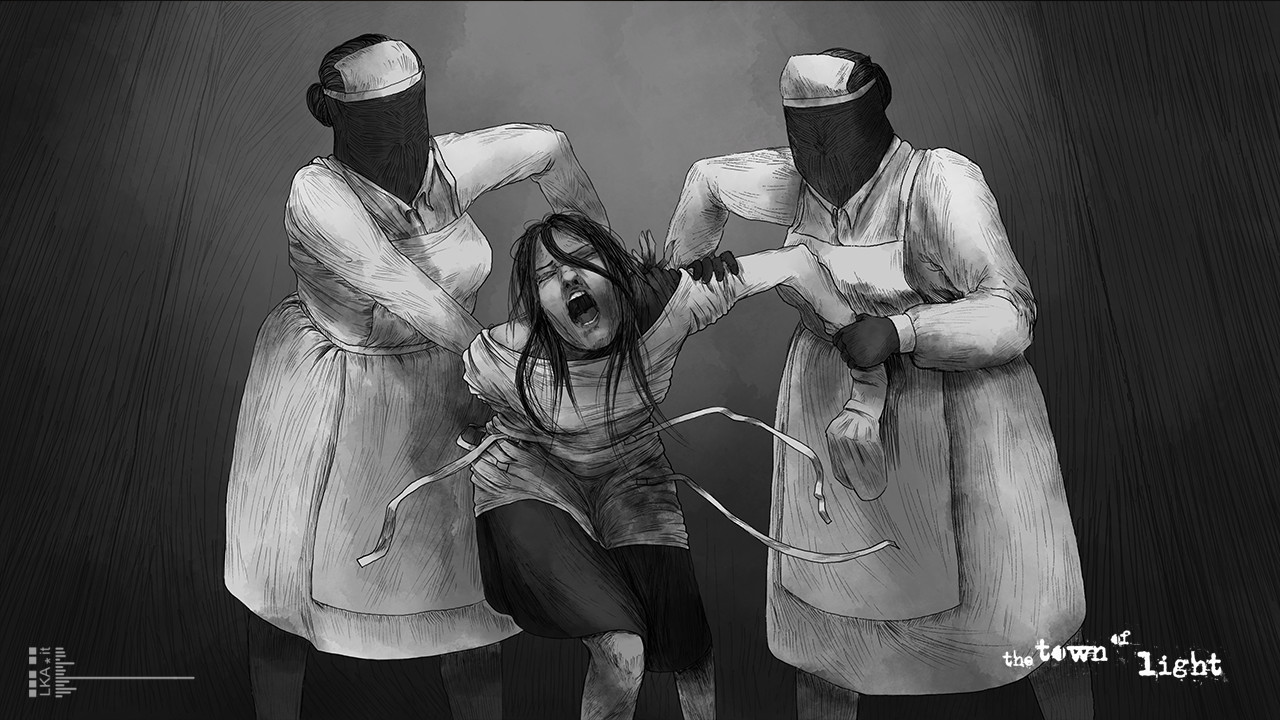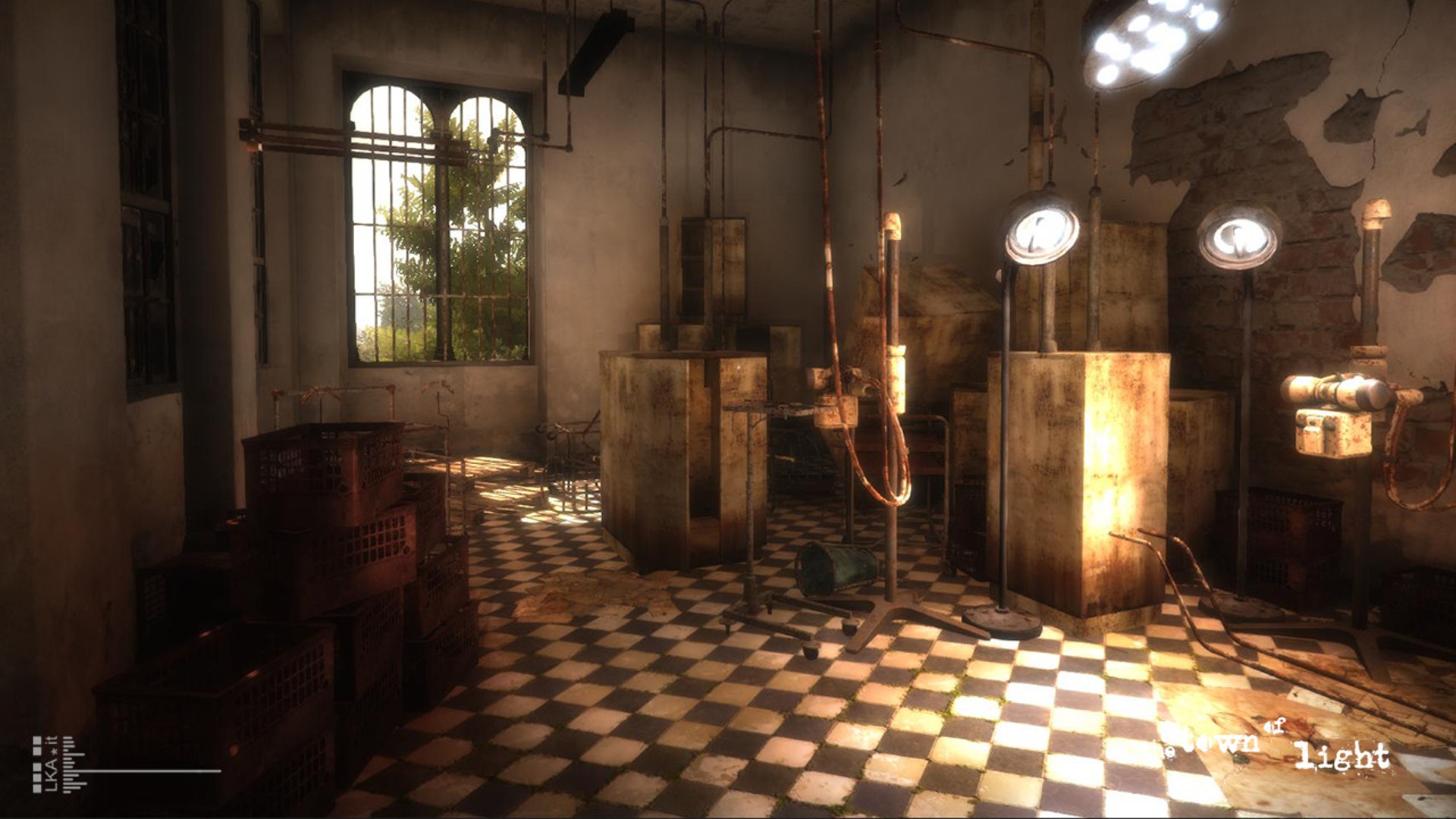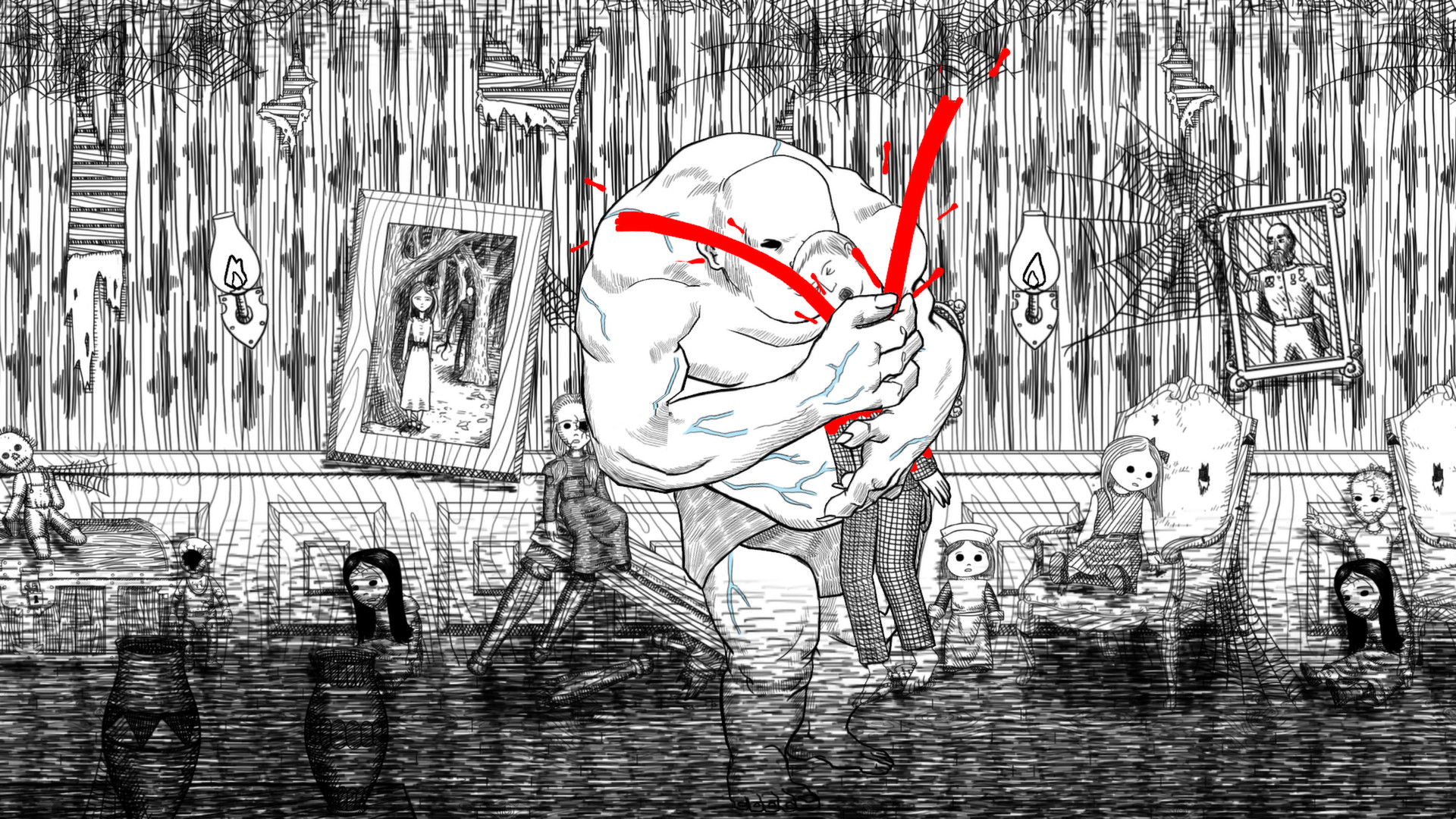Horror games can terrify without tropes, and this game about historical cruelty proves it
Mental Health Awareness Week | The Town of Light is a horrifying ordeal that eschews tropes and stereotypes to great effect

Mental Health Awareness Week this year runs from May 15-22, and we've spent this week so far showcasing games that explore themes of mental illness and wellness. Our coverage has included my own story about games and mental health, a look at Will O'Neill's Actual Sunlight, Eli Piilonen's Fixation and The Company of Myself, and Matt Gilgenbach's Neverending Nightmares. Today, we're looking at LKA's The Town of Light, a psychological thriller set in 1938 about a 16-year-old institutionalized in a mental health facility with dire conditions. By sidestepping tired stereotypes and tropes, The Town of Light instead leverages reality to paint its survival horror story.
CONTENT WARNING: This article explores themes of abuse, rape, and archaic psychiatric treatment


This terrifying horror game about OCD helped me understand conditions different to my own
If you've even a passing interest in survival horror, I'd wager you've played at least one horror game that unfolds in an asylum. From Silent Hill to Outlast, Alan Wake, Until Dawn, and Dead Space 2, to name just some of the games that visit mental institutions, asylums feature heavily in the genre with almost always harmful effects. Patients within these settings are almost always angry, crazed, and out to get the player. They've often lost touch with reality, and are used as pawns to be slaughtered on the protagonist's path to success. And, by way of all of this, mental illness is viewed in the most negative of lights.
Games are less guilty of pandering to these ill-informed stereotypes today, but they still persist in many spaces. LKA's 2016 slept-on gem, The Town of Light, however, takes us to an asylum, tells a horrifying tale, but never once panders to misguided tropes. As mentioned above, the story follows 16-year-old Renée who has been institutionalized in the Volterra asylum, southwest of Florence in Italy. By virtue of flashbacks driven by diary entries strewn around the game's lonely corridors, examination rooms, and isolation chambers – all of which are modeled on the still-standing, real-life Volterra building – players learn the harrowing tale of how Renée wound up here, and, crucially, why it's now so difficult for her to leave.
Described as a "danger to herself and others," Renée spends much of her life held against her will, while continuously clashing with orderlies, nurses, and doctors, both mentally and physically. One particularly distressing scene takes place in a changing room where patients have been stripped naked and left in the cold. One internee is seen screaming while lying on her side cowering beneath a wooden bench. Another scene sees Renée being forcibly given electroshock therapy, which the devs researched by watching live videos of inpatients going through the same barbaric procedure. One scene depicts Renée being raped.
It's in these moments where LKA's meticulous attention to detail accentuates the horror of its premise and setting. Renée's narrative is fictitious, yet was wholly inspired by reality. And while the vast majority of horror games take place beneath the cover of darkness, The Town of Light is set in the afternoon, where interminable beams of sunlight split the institution's vacuous, cobweb-covered floors. It's haunting, often upsetting, but always thought-provoking. Not every horror game can be like The Town of Light, but that's exactly what makes it so noteworthy.
The Town of Light is out now on PC via Steam, PS4, Xbox One, and the Nintendo Switch.
Sign up to the GamesRadar+ Newsletter
Weekly digests, tales from the communities you love, and more
Check out these 10 games to help kickstart conversations about mental health

Joe Donnelly is a sports editor from Glasgow and former features editor at GamesRadar+. A mental health advocate, Joe has written about video games and mental health for The Guardian, New Statesman, VICE, PC Gamer and many more, and believes the interactive nature of video games makes them uniquely placed to educate and inform. His book Checkpoint considers the complex intersections of video games and mental health, and was shortlisted for Scotland's National Book of the Year for non-fiction in 2021. As familiar with the streets of Los Santos as he is the west of Scotland, Joe can often be found living his best and worst lives in GTA Online and its PC role-playing scene.


